In today’s world of the Internet, cell phones have become more or less indispensable. These devices are a lifeline to many by keeping us connected with family and friends, entertaining us and giving information at our fingertips among other things. Nonetheless, over-reliance on smartphones has led to another type of anxiety – known as nomophobia (or fear of being without a mobile phone). Recent research looks into how young women, especially those who suffer from social appearance anxiety and loneliness could be more prone to this current predicament.
The Wave of Nomophobia
Nomophobia is a term that comes from the phrase “no-mobile-phone phobia” which is increasingly becoming popular amongst young adults. It involves an overwhelming fear of losing one’s cell phone resulting into anxiousness and distress. Despite the undeniable conveniences of these devices, their darker side is beginning to manifest particularly when it relates to other psychological aspects such as social appearance anxiety.
Social appearance anxiety means the apprehension about negative judgments on one’s physical outlook. In this age where social media sometimes magnifies insecurities, many young females are caught up in a labyrinthine web of comparison and self-criticism . Since most young people do not wish to face rejection by their peers at any moment , they often seek ‘likes’ on social media platforms like Instagram just so they can confirm that they’re doing okay or respond using words like ‘delete’ whenever somebody says something negative about them on Facebook or Whatsapp.
Understanding the Study
A study published in the Archives of Psychiatric Nursing examined how social appearance anxiety, loneliness relate to nomophobia. This was done between June and August 2021 with 687 young adults aged between 20 and 40 as participants. It sought out psychosocial contributors towards nomophobia with particular focus on how loneliness and social appearance anxiety contribute towards it as well.
Convenience sampling was employed for the selection of participants to ensure they had no psychiatric conditions. The online data collection lasted for about 10-15 minutes and used a structured questionnaire. The questionnaire consisted of demographic questions and specific inquiries about smartphone usage that employed certain tools like the Nomophobia Scale, Social Appearance Anxiety Scale (SAAS) and the Social And Emotional Loneliness Scale For Adults(SELSA-S).
The Nomophobia Scale has a range between 20 and 140 which indicates how bad nomophobia is whereas SAAS measures anxiety regarding appearance. SELSA-S helps to determine social as well as emotional loneliness thereby providing a holistic view of their psychosocial landscape.
Key Findings: Appearance Anxieties Influence Cell Phone Reliance
According to this study, on average young adults displayed moderate levels of nomophobia with an average score of 73.76 on the Nomophobia Scale. Notably, social appearance anxiety emerged as a significant predictor of nomophobia. Consequently, those who were more concerned about their physical appearances typically experienced greater fearfulness and uneasiness when away from smartphones. In other words, people may use phones as buffers whenever they are self-conscious about how they look so that they can stay connected socially or get reassurance without exposing themselves too much in real life situations.
The smartphone thus acts like an emergency blanket and allows those users to manipulate social situations in ways that real life would not otherwise allow for. The ability of these persons to be on social media, messaging applications, and photo-editing tools constantly therefore helps them feel less anxious about themselves at least for a short period.
The Complex Role of Loneliness
Though the findings of this study indicated clear results regarding social appearance anxiety, loneliness as a factor associated with nomophobia was much more nuanced. Emotional loneliness in the context of romantic relationships especially had a stronger association with nomophobia than did social loneliness. Lonely romantics were more likely to suffer from heightened nomophobia and relied on their smartphones as emotional crutches.
It is interesting to note that family emotional loneliness had no significant impact on nomophobia implying that need for connection in romantic contexts may uniquely affect this fear. This finding suggests that smartphones are not only communication tools but also coping mechanisms for people affected by emotional loneliness specifically within their love lives.
The Implications: Addressing the Root Causes
The complex relationship between smartphone addiction and psychosocial factors is brought out by this study’s findings. In doing so, it identifies social appearance anxiety and emotional loneliness as two primary causes of nomophobia, which can lead to possible interventions. Mental health practitioners could consider helping patients develop self-esteem or improve their interpersonal abilities through treatment plans aimed at reducing the reliance on smartphones as a source of support.
In addition, addressing the underlying insecurities responsible for causing social appearance anxiety might play a key role in reducing cases related to nomophobia. By creating more positive body images among young women and promoting interactions with peers offline might create some separation from their phones, therefore being comfortable again in their own skins.
Conclusion: Navigating the Digital Age
Understanding how such technology affects us psychologically becomes increasingly important as we become more dependent on smartphones in our daily activities. It means there should be a balanced approach to using smartphones, which acknowledges their benefits and the potential harm caused by them. Helping young women become more self-aware and emotionally strong can enable them to navigate the digital age without suffering from nomophobia.





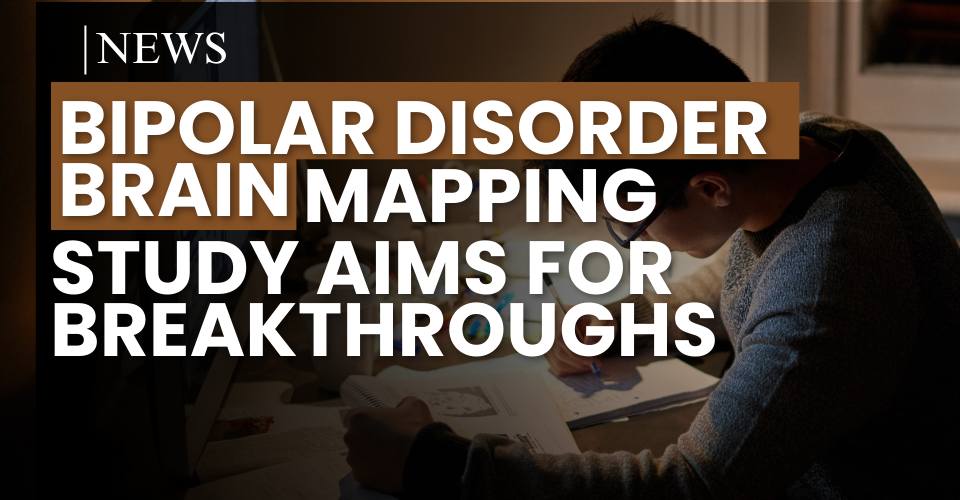


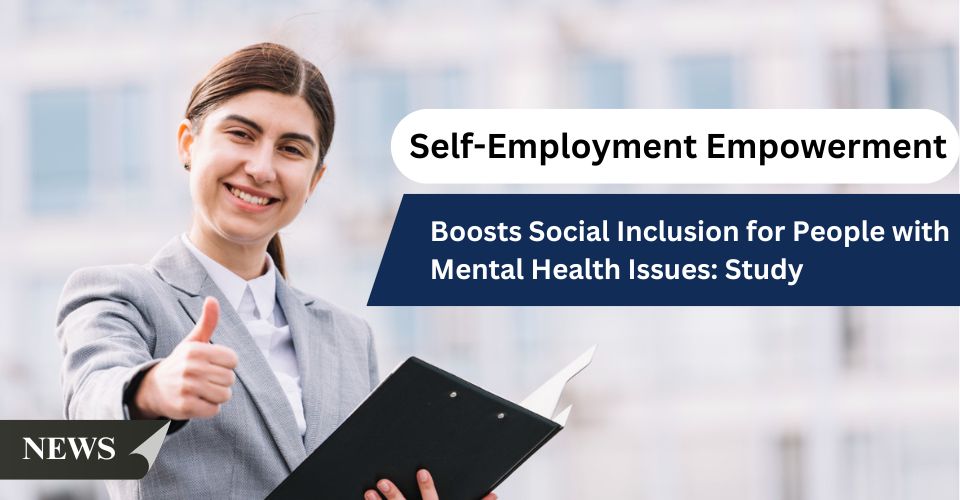


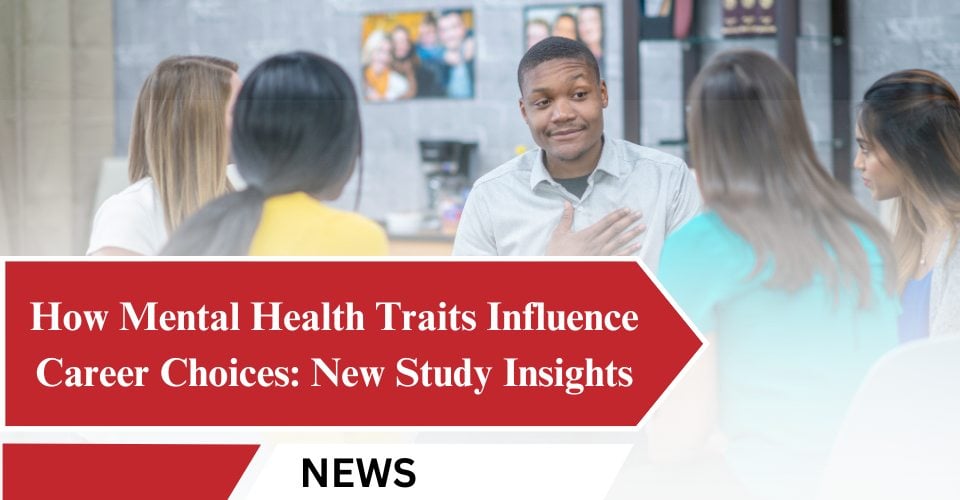
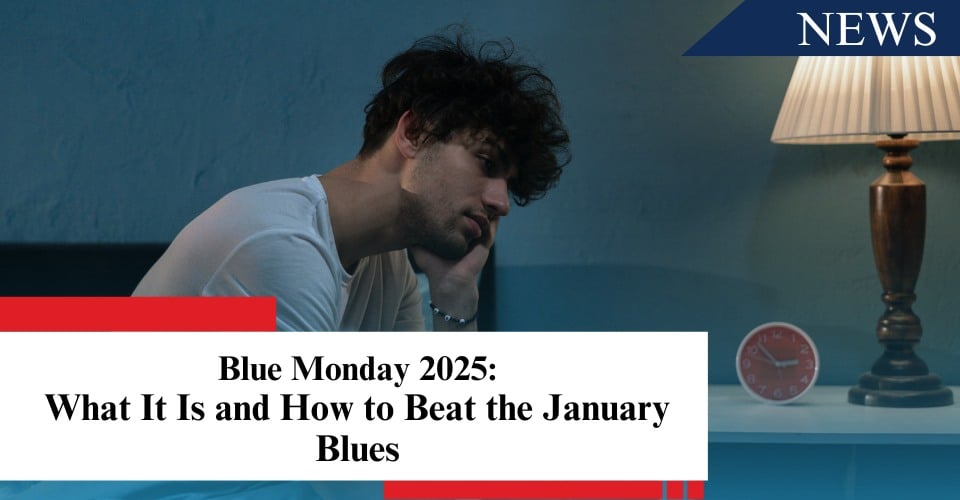

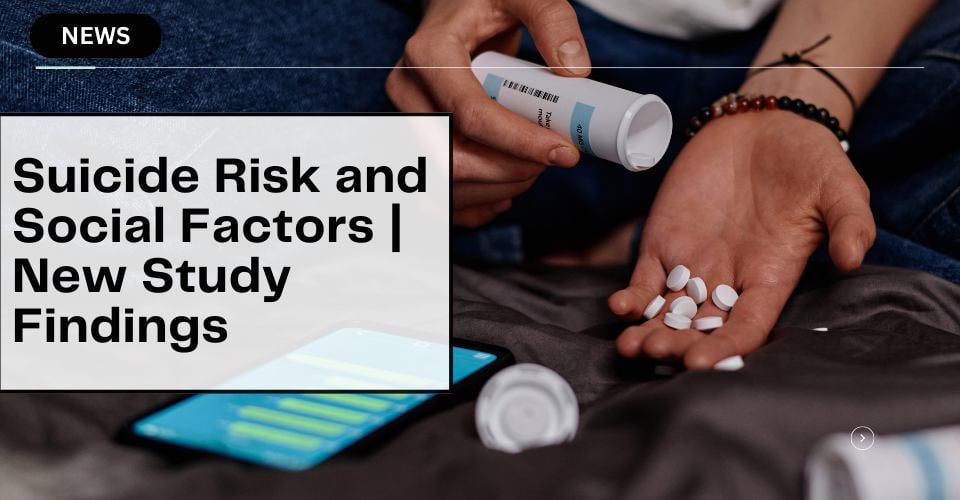
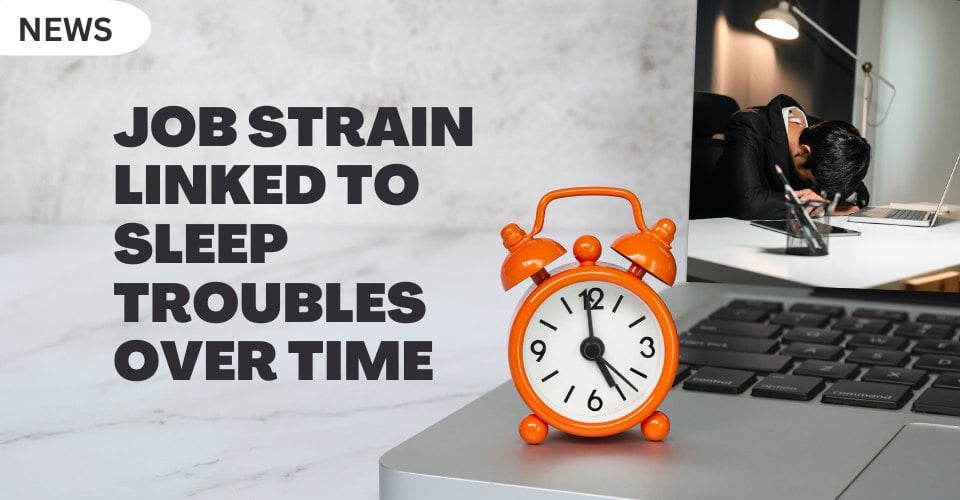


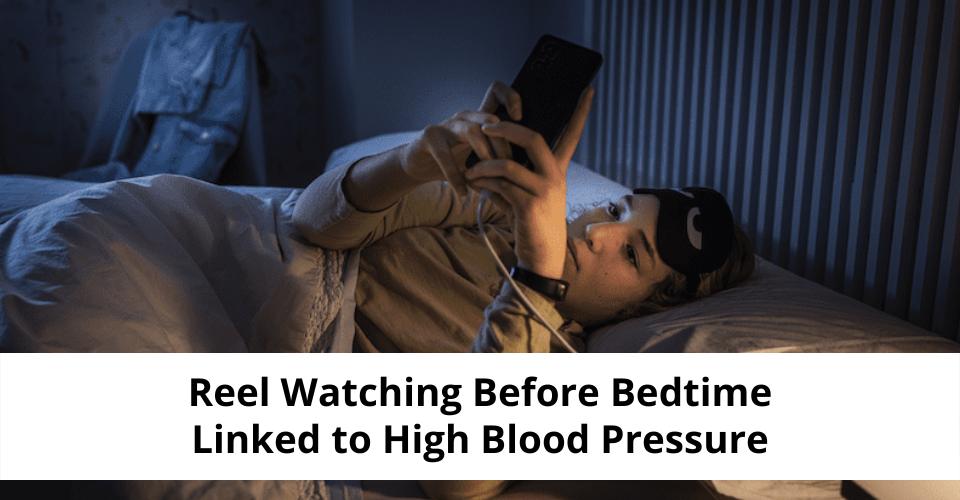



Leave a Reply
You must be logged in to post a comment.